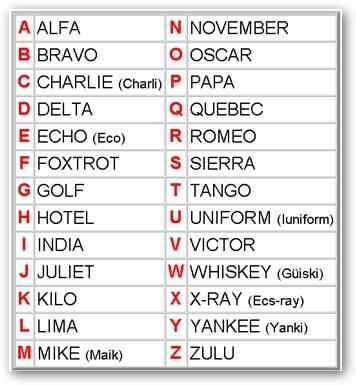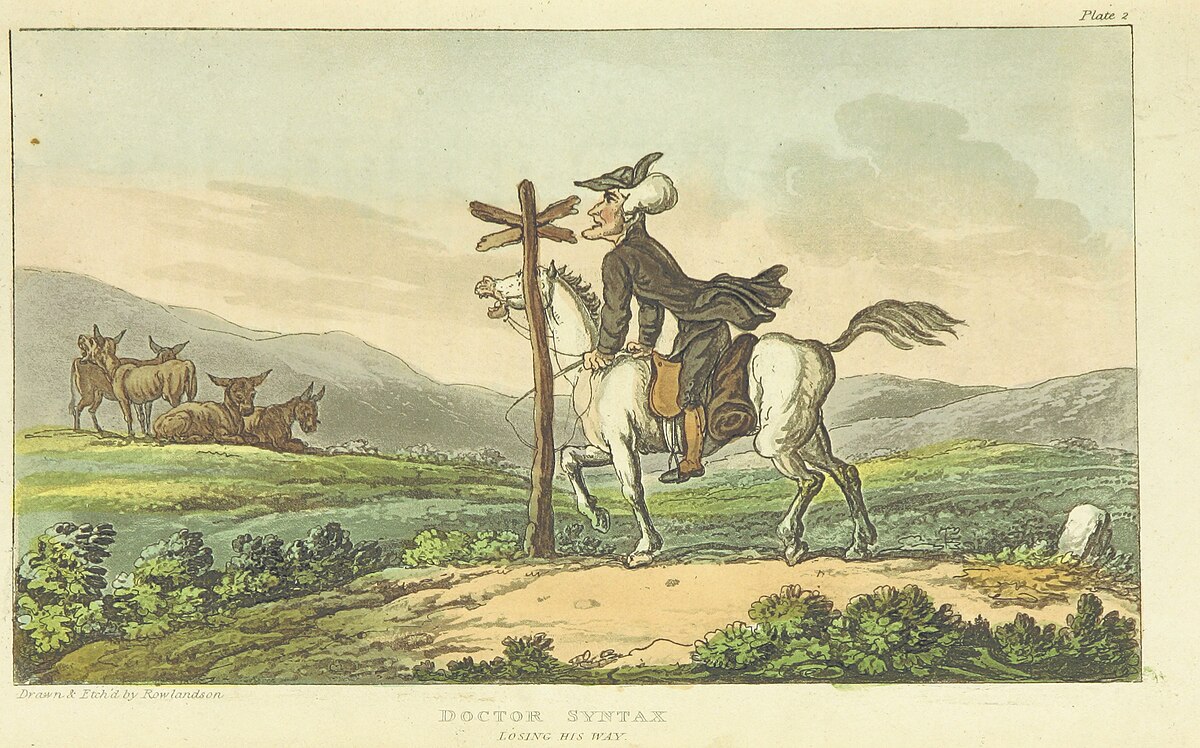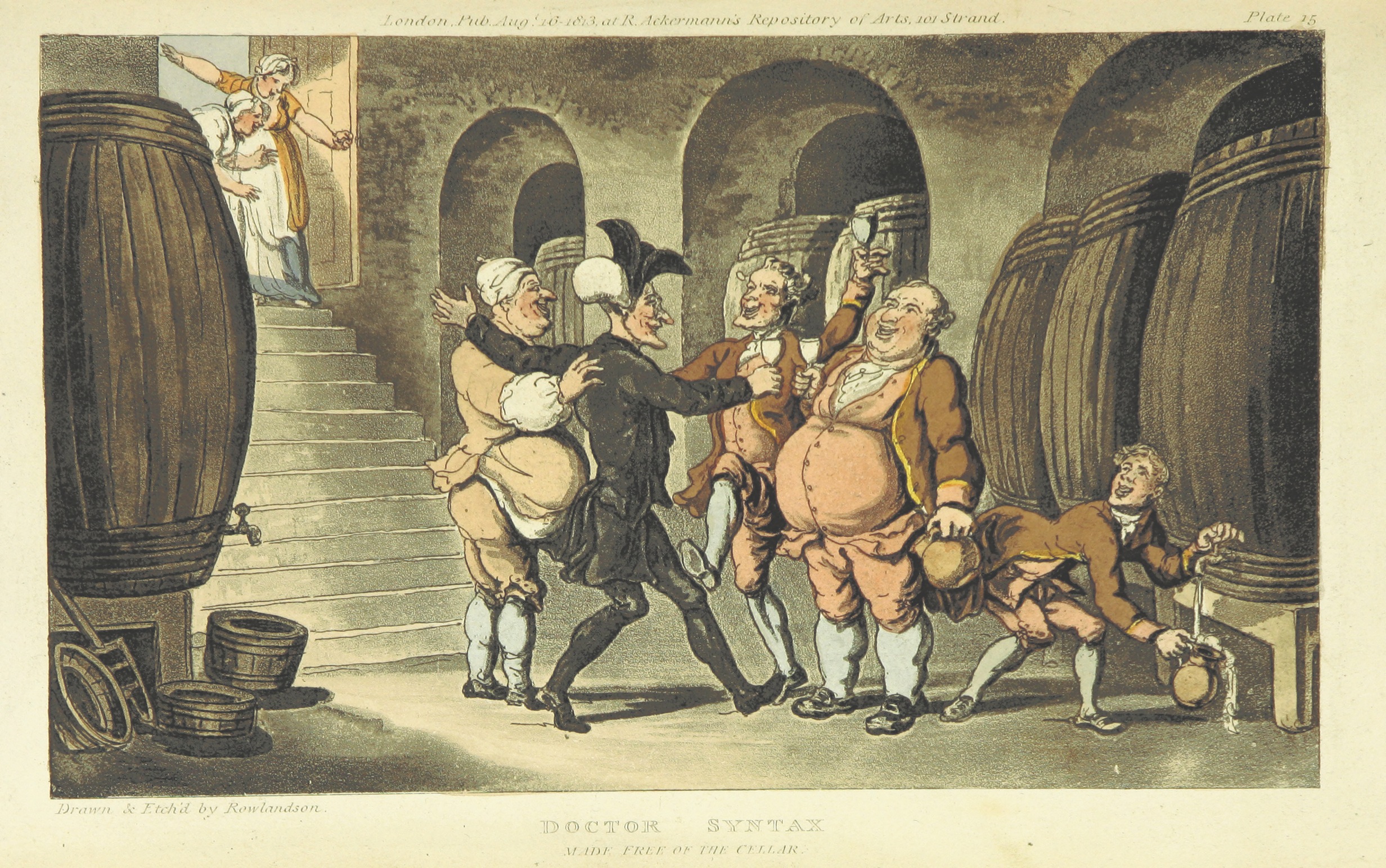 |
| Explained below |
Hasme puesto en el hoyo profundo, En tinieblas, en honduras.
Which seemed, to my ignorant eye, to say:
You have put me in a deep pit, in darkness, in Honduras.
Which seemed an odd thing to happen to a chap in Jerusalem, and also to be rather rude about Hondurans. However I should have read it as:
You have laid me in the lowest pit,
In darkness, in the depths.
Because that's what Honduras means: The Depths. It was, apparently, named after the adjacent sea, which is rather profound.
Anyhow, here are a few more of greater or lesser obviousness:
El Salvador = The Saviour
Nevada = Snowy (because of the mountains)
Costa Rica = Rich Coast
Puerto Rico = Rich Port (because Spanish adjectives are agreeable)
Florida = Was discovered on Palm Sunday, which, in Spanish, is Pascua Florida or Flowering Easter. It's therefore named in almost exactly the same was as Easter Island. It's also cognate with Florence (blooming city), florid and floral. Also, the Florin was the coin of Florence, so called because it had a lily - the symbol of the city - stamped on one side.
And those who've read The Etymologicon will already know that:
Ecuador = Equator
Venezuela = Little Venice (because the natives lived on little huts on poles out in the water)
I am sad to report, though, that Quito does not mean removed.
None of which has anything to do with this the historian Dan Snow, but I did do a long interview with him for his podcast about the new and wonderful book A Short History of Drunkenness. You can listen to it by clicking on this link. He's a lovely fellow, and very, very tall. I'm serious. I'm 6'2" and it takes quite a lot to make me feel like a midget, which is how I felt throughout.
As ever, A Short History of Drunkenness can be obtained in all reasonably good bookshops, or over the Internet from these people:
Amazon
Blackwells
Book Depository
Waterstones
And, as Margaret Atwood says, it's "Highly suitable for Xmas!"
This place is the pits


















